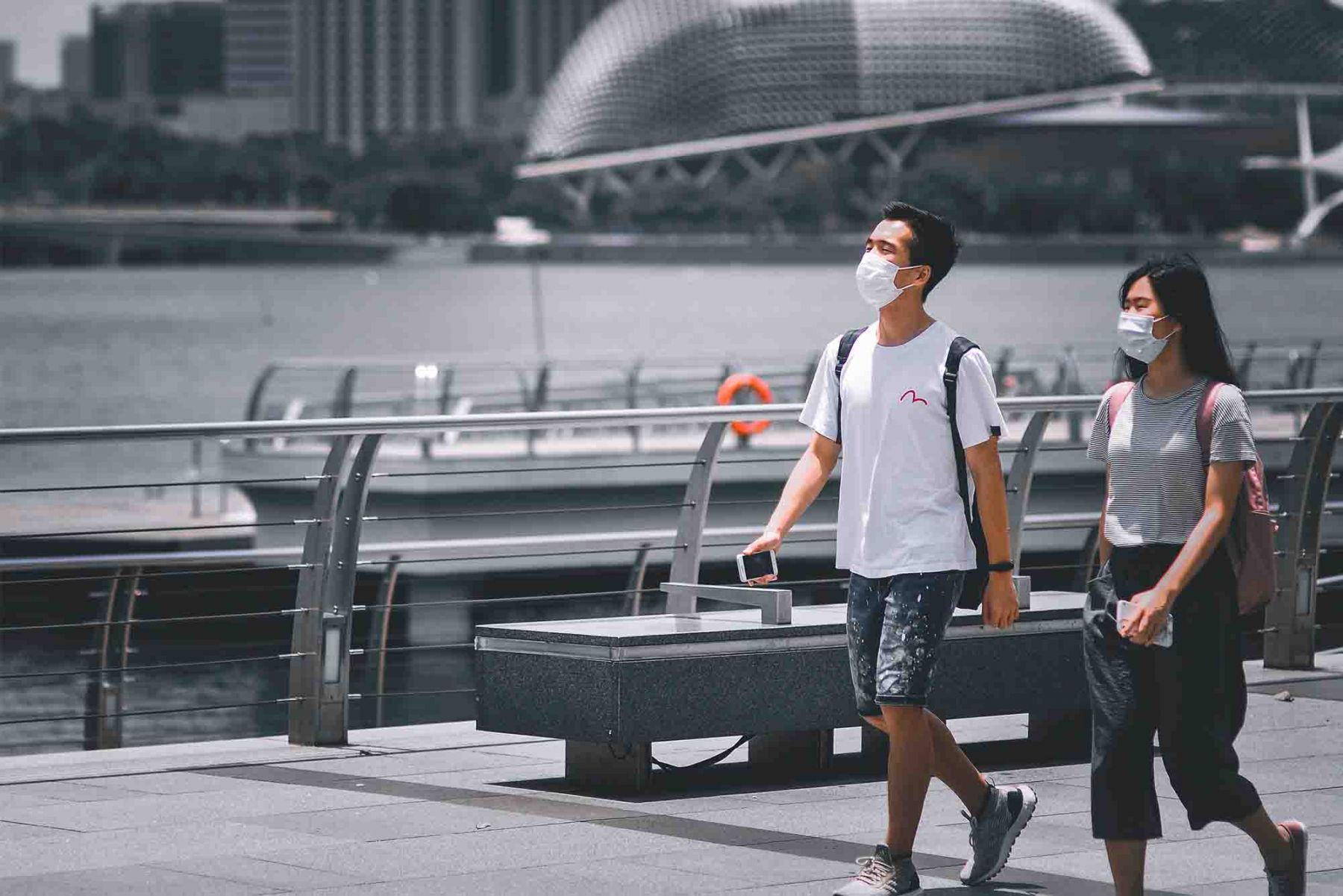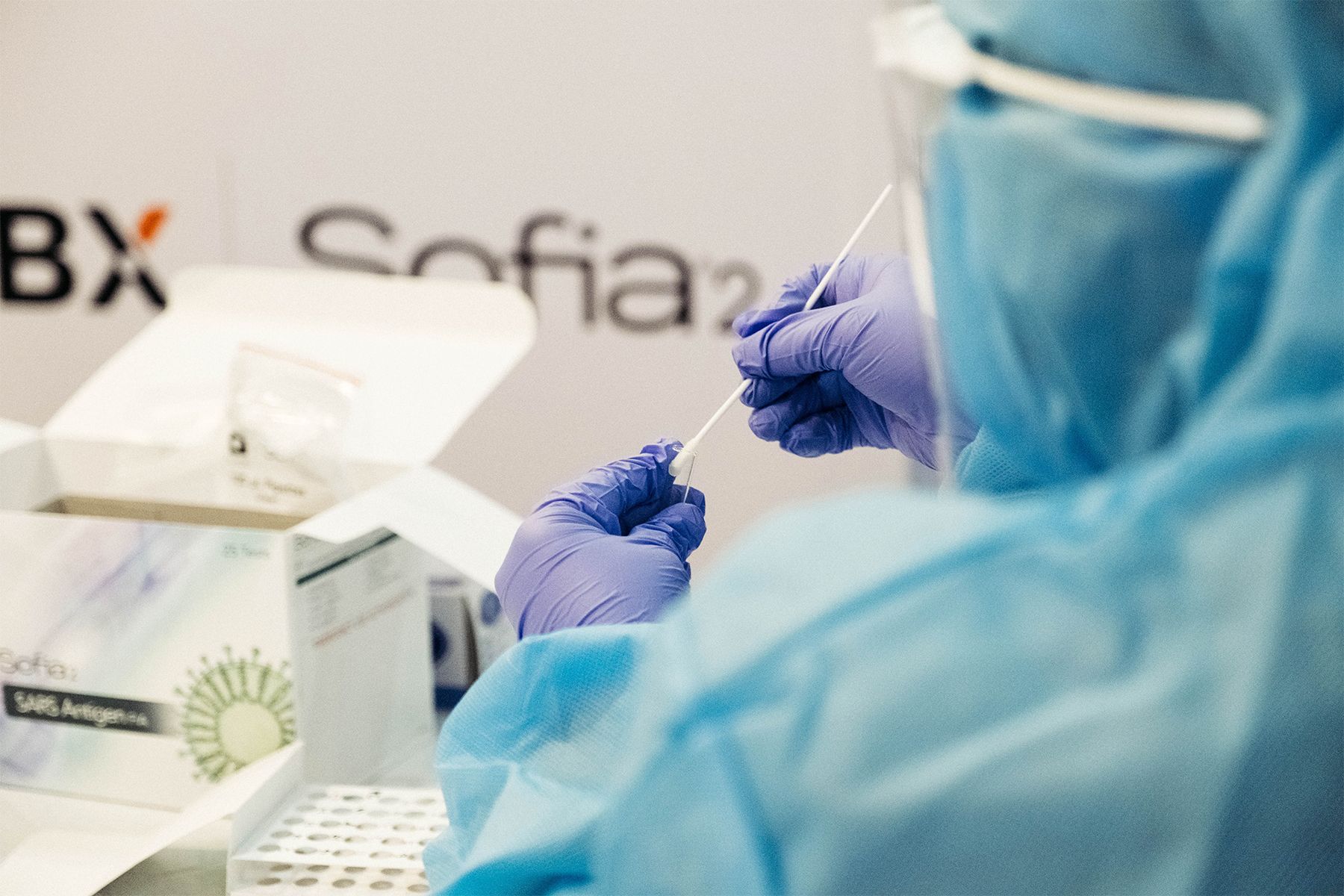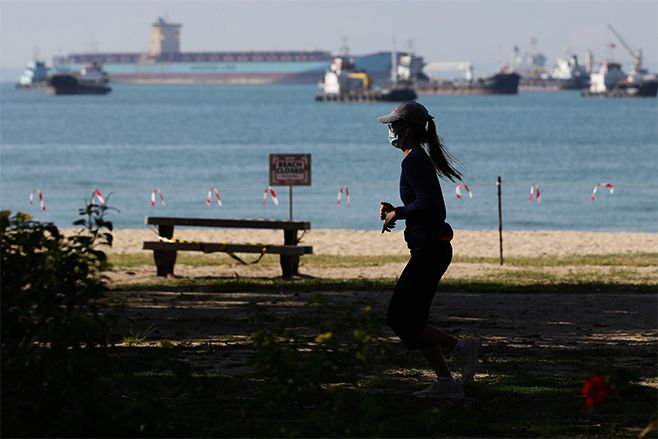Clubbing is back on the agenda as all nightlife businesses reopen from April 19
This story was first published on June 18, 2021, and updated on April 5, 2022.
As Singapore continues to push towards making Covid-19 endemic, it has announced that more measures will be loosened.
Don’t miss: Singapore Will Launch a Vaccinated Travel Lane With Hong Kong This Month
These new loosened restrictions state that group sizes can go up to 10 people, that masks are no longer mandatory outdoors and that all nightlife businesses can fully reopen from April 19.
Considering the many changes in our Covid-19 regulations recently and the differences in rules for the vaccinated and the unvaccinated, we’ve made it easy for you to figure out what you can and cannot do. Keep reading for all the other regulations that have come into effect to manage the pandemic.
Don’t miss: Singapore and Malaysia to Launch New Vaccinated Travel Lane on November 29
1. Nightlife businesses will be allowed to fully reopen from April 19
Clubbing is finally back on the agenda with the announcement that all nightlife businesses including nightclubs and discotheques will be allowed to fully reopen from April 19, according to the Ministry of Trade and Industry (MTI) and the Ministry of Home Affairs (MHA) in a joint media release on April 4.
That said, all nightlife establishments will be subjected to safe management measures. For example, if guests are entering an establishment with dancing as an activity, they have to get a negative Antigen Rapid Test (ART) that has been supervised by a test provider approved by the Ministry of Health either in-person or remotely.
“The patron must get tested before the start of his/her visit; and at most 24 hours before the end of the attendance at the event or activity,” said MTI and MHA.
Nightlife establishments will also have to ensure that groups remain at 10 people and that mask-wearing indoors is observed. There should also be safe distancing of at least one meter between individuals or groups when masks are off.






